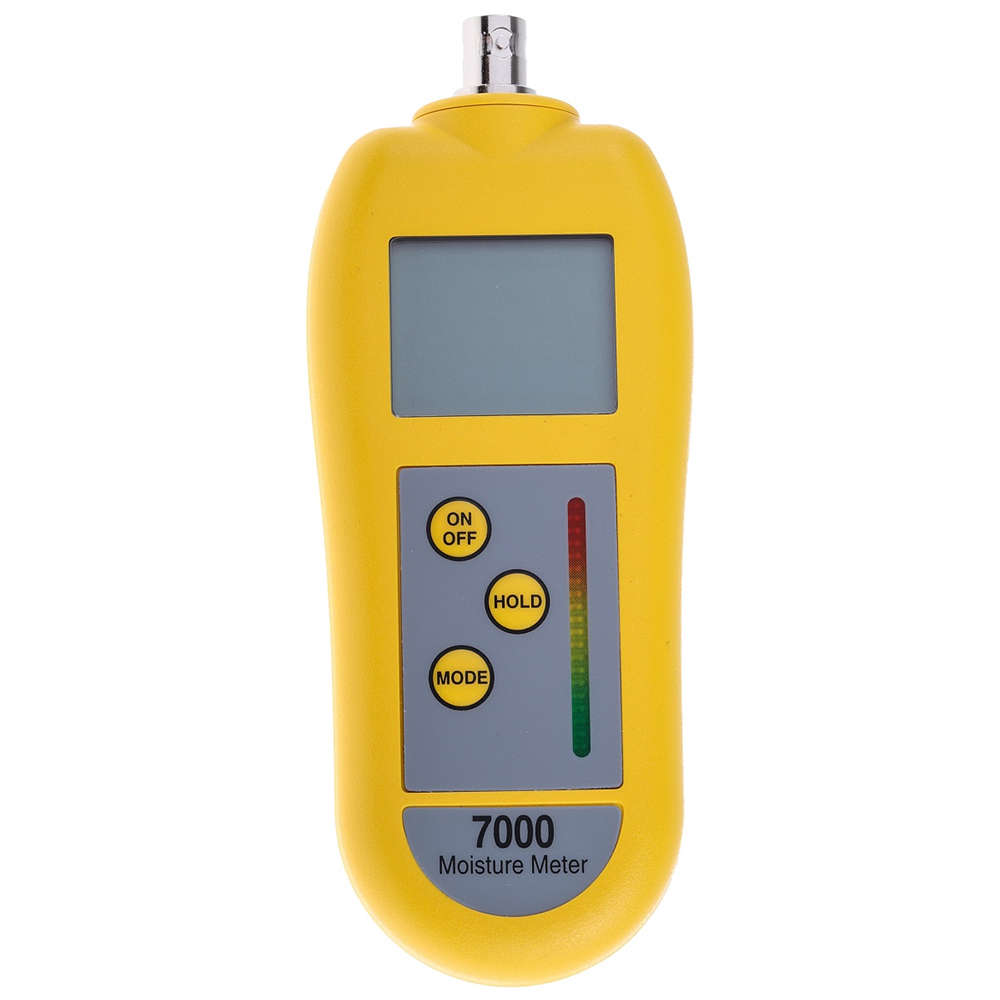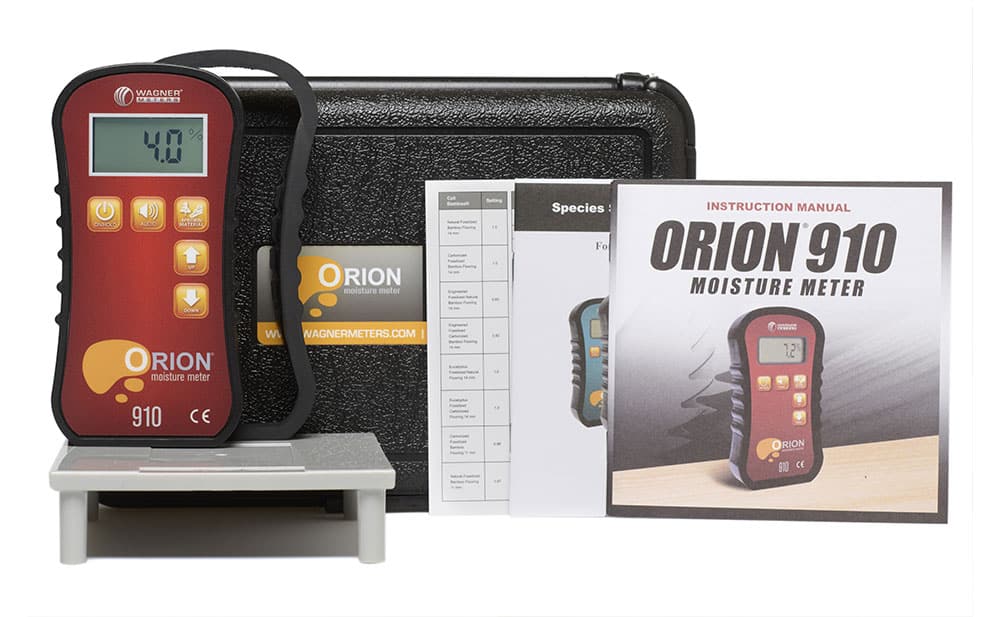How a Moisture Meter Can Enhance Your Building And Construction Tasks and Prevent Damage
How a Moisture Meter Can Enhance Your Building And Construction Tasks and Prevent Damage
Blog Article
The Ultimate Guide to Wetness Meters: A Comprehensive Overview and How They Can Conserve You Money
In the realm of structure maintenance, building, and numerous industries, the importance of accurately gauging moisture degrees can not be overstated. Moisture meters offer as indispensable tools in identifying and monitoring moisture content in materials, assisting in preventing costly problems and making sure the high quality of products. Understanding the nuances of different types of dampness meters, their applications, and the possible cost-saving advantages they use can be a game-changer for businesses and professionals alike. Uncovering exactly how these tools can not only enhance procedures yet additionally contribute to monetary cost savings is a trip worth embarking on.
Types of Moisture Meters
Different types of wetness meters are readily available for different applications in numerous industries. One usual type is the pin-type moisture meter, which determines the electrical resistance in between two pins placed into a material. This kind is appropriate for timber, drywall, and various other structure products. Pinless dampness meters, on the various other hand, use electro-magnetic sensor plates to check a larger location without triggering damage to the product's surface. Moisture Meter. These meters are optimal for swiftly assessing wetness levels in large areas such as floorings and wall surfaces.

Infrared dampness meters determine the thermal properties of a product to determine its moisture web content non-invasively, making them helpful for applications where pin or pinless meters may not be suitable. Understanding the various types of dampness meters offered can help industries pick the most suitable tool for their specific moisture measurement needs.

Benefits of Utilizing Wetness Meters
Moisture meters provide indispensable benefits in accurately checking and examining wetness levels in diverse materials and atmospheres. One of the main benefits of making use of moisture meters is the prevention of possible damages created by excess dampness.
In addition, using wetness meters can cause increased power effectiveness. By identifying locations with high moisture levels, such as leakages or poor insulation, adjustments can be made to boost energy conservation and lower energy prices. In agricultural settings, wetness meters play a vital role in maximizing crop returns by enabling farmers to keep an eye on dirt dampness levels and make notified watering choices. On the whole, the advantages of making use of wetness meters extend throughout numerous sectors, supplying cost-effective services and advertising better quality assurance techniques.
How to Select the Right Wetness Meter
When selecting a moisture meter, it's important to guarantee that the meter is appropriate for the particular material you will be screening. Different materials have differing electrical buildings that can influence moisture analyses, so choosing a meter created for your product is crucial for exact results. By thoroughly evaluating these elements, you can pick a dampness meter that satisfies your demands and offers precise dampness dimensions for your jobs.
Proper Strategies for Moisture Meter Use

Cost Financial Savings Via Moisture Meter Applications
How can the calculated application of moisture meters cause substantial expense savings throughout numerous sectors? Dampness meters play a vital function in cost savings by preventing possible damage and making certain quality assurance in different industries. In the agriculture market, moisture meters aid in figuring out the optimum time for harvesting plants, preventing excess or over-drying dampness that can affect the final item's high quality. This specific surveillance aids farmers avoid unnecessary losses and maximize their yield.
In a similar way, in building, moisture meters aid avoid pricey problems by spotting wetness degrees in structure materials, such as timber or concrete, which can lead to structural concerns if not addressed quickly. By identifying problem areas beforehand, professionals can take rehabilitative steps to stay clear of considerable repairs or replacements, inevitably saving time and money.
Furthermore, in the food handling industry, moisture meters are important for monitoring item high quality and making certain compliance with safety guidelines. By precisely determining wetness content in food items, makers can protect against perishing, find maintain quality, and minimize waste, leading to substantial price savings. In general, the tactical application of wetness meters is a useful financial investment that can bring about significant cost reductions and improved effectiveness throughout different markets.
Verdict
In conclusion, moisture meters are valuable tools for identifying and measuring wetness degrees in various materials. By using the best wetness meter and complying with appropriate methods, individuals can browse this site effectively protect against expensive problems triggered by excess dampness. Purchasing a quality dampness meter can cause substantial cost financial savings in the future by determining prospective issues beforehand and making it possible for punctual remediation. Inevitably, dampness meters are necessary instruments for keeping the stability and long life of products and structures.
Dampness meters serve as crucial tools in identifying and checking moisture content in products, aiding in protecting against costly problems and making certain the quality of items. Infrared dampness meters determine the thermal residential properties of a material to establish its moisture material non-invasively, making them beneficial for applications where pin or pinless meters may not be suitable.Dampness meters provide vital benefits in precisely evaluating and keeping an eye on wetness degrees in varied materials and atmospheres. In agricultural settings, moisture meters play a critical role in enhancing crop returns by making it possible for farmers to monitor soil dampness degrees and make educated navigate to this site watering choices.In final thought, dampness meters are useful tools for detecting and measuring moisture levels in numerous products.
Report this page